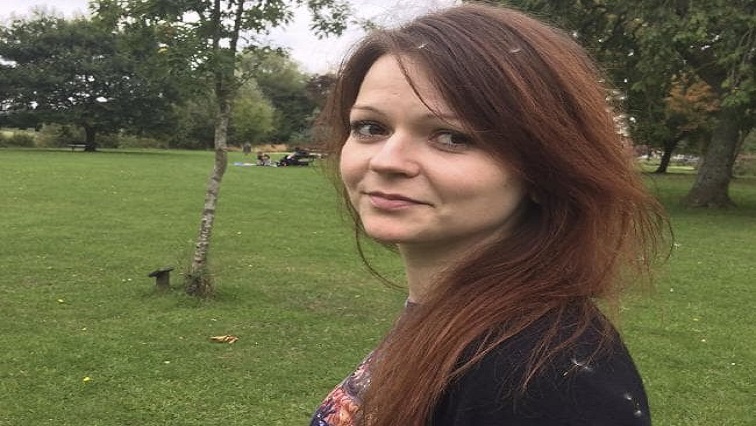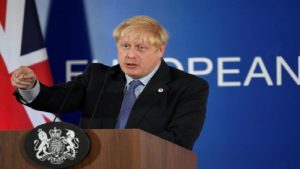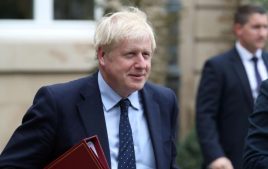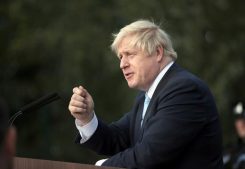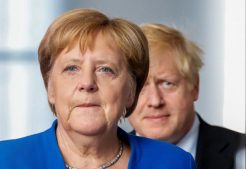Russia has again denied it was responsible for an alleged nerve agent attack on British soil that has left a former Russian agent, his daughter and a British police officer in a critical condition.
The matter was brought to the UN Security Council in New York after British Prime Minister Theresa May earlier announced they were expelling 23 Russian diplomats over the attack in Salisbury targeting Sergei Skripal and his daughter Yulia.
Russia rejected a British 24-hour deadline to explain the attack before initiating a series of actions against Moscow.
The UK maintains its investigations show evidence that a military-grade nerve agent of a type developed in Russia was used in the Salisbury attack.
London’s envoy at the UN Jonathan Allen went as far as accusing Moscow of attempted murder.
“We therefore have no alternative but to conclude that the Russian state was responsible for the attempted murder of Mr Skripal and his daughter and police officer Nick Bailey and for threatening the lives of other British citizens in Salsbury. Mr President, this was no common crime, it was an unlawful use of force, a violation of article two of the UN Charter, the basis of the international legal order,” adds Allen.
The British envoy pointed to one of two explanations that were possible – either this was a planned direct attack on the United Kingdom or that Russia had last control of a military grade nerve agent which they developed.
They believe Russia’s initial lack of response to their demands for information pointed to their guilt.
“We have concluded that Mr Skripal and his daughter were poisoned with a Novichok, a military grade nerve agent of a type developed by Russia. It is not a weapon that can be manufactured by no state actors. It is so dangerous that it requires the highest-grade state laboratories and expertise,” explains Allen.
Russia’s envoy Vassily Nebenzia was having none of it, accusing the UK of making irresponsible statements while calling for the Organisation for the Prohibition of Chemical Weapons to get involved.
“We demand that material proof be provided of the allegedly found Russian trace in this high resonance event. Without this stating that there is incontrovertible proof is not something that we can take into account. Until now, we have not seen anything besides stating that this was highly likely. In such a situation it would be legitimate to approach the technical secretariat of OPCW and ask them to carry out an independent laboratory analysis of the samples that the British authorities have,” says Nebenzia.
He dismissed the UK’s ultimatums and urged it to send a proper request for cooperation in line with the chemical weapons convention, expressing Moscow’s willingness to cooperate with the British.
“We’re living in very special times, in front of our eyes incredible things are happening. The process of replacing the presumption of innocence with the presumption of guilt is taking place and this criminal law principle is now being transferred into international relations,” adds Nebenzia.
The UK also accused Russia of having a record of state sponsored assassinations, including the killing of Russian defector Alexander Litvinenko who was poisoned by radioactive materials in London in 2006.


